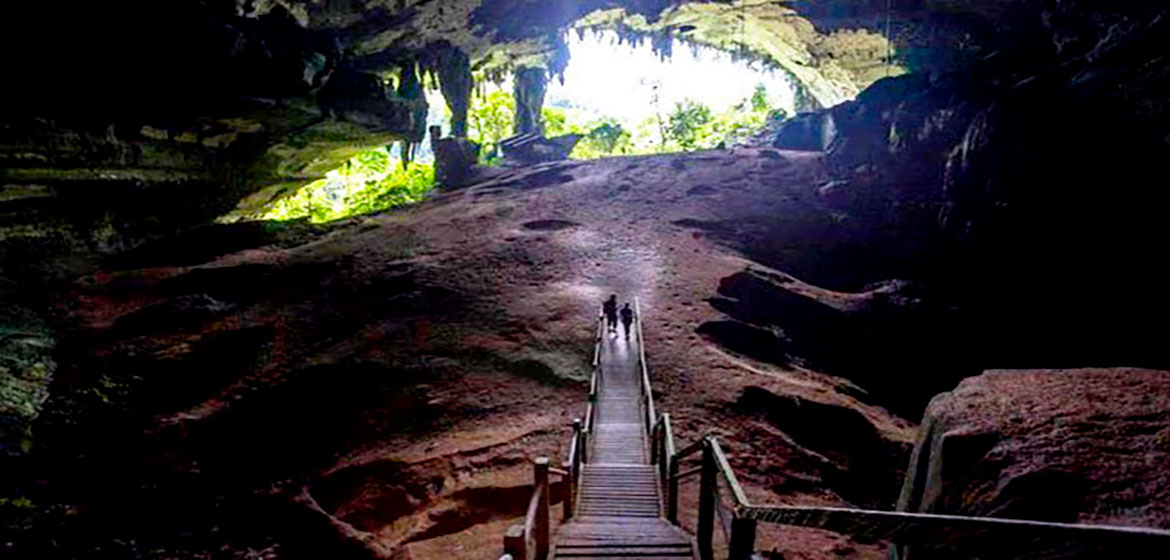By Rina Chandran
BANGKOK (Thomson Reuters Foundation) - Indigenous people in Malaysia are drawing up detailed maps using drones and testimony from village elders to fight a new law they say denies them customary rights to their land, amid rising demand for territory for commercial plantations.
Hundreds of indigenous people took to the streets at the weekend to protest amendments to a land law in Sarawak state, which stretches along the northwest coast of Borneo and is dotted with dense rainforests.
“They are not recognizing us as rightful owners of land that we inherited from our ancestors,” said Mark Bujang at rights group the Indigenous Peoples Network of Malaysia.
“By making it harder for us to claim our land, the government is putting the interests of the logging companies above ours,” he told the Thomson Reuters Foundation.
Disputes over land have long festered in Sarawak, and under the law passed last week, indigenous people will have to apply to the state for recognition of ancestral domain and communal forests.
There will also be a cap on the size of such land granted to communities.
Officials say the new law gives indigenous people ownership rights where they previously only had “usufructuary rights”, or the right of use.
The bill was drafted with “the views and inputs of many community leaders,” Deputy Chief Minister Douglas Uggah Embas told reporters.
The semi-nomadic Penan community recently created nearly two dozen maps of a 10,000 sq km (4,000 sq miles) area in Sarawak that includes forests, settlements, mountains, rivers, hunting and burial grounds.
They used drones and oral testimonies of village members and elders, said Atama Katama, an indigenous activist.
“Officials are keen to monetize the land, which is why more communities are doing their own mapping to show they have held these lands for generations, even if they did not have titles,” he said.
“The maps will give them a more sound footing when making their claim under the new law, or if they have to go to court.”
Indigenous and rural communities customarily own about half the world’s land, but only have legal rights to 10 percent, according to the United Nations.
Dozens of disputes that have pitted indigenous Malaysian communities against logging and oil palm companies have ended up in court in recent years and several campaigners have been killed, according to rights groups.
More protests are planned against the bill this week, including in capital Kuching, to make the government reconsider, Bujang said.
Source:
Related to SDG 10: Reduced inequalities and SDG 16: Peace, justice and strong institutions



